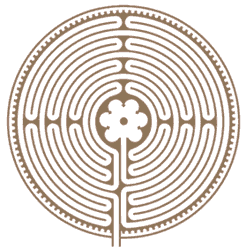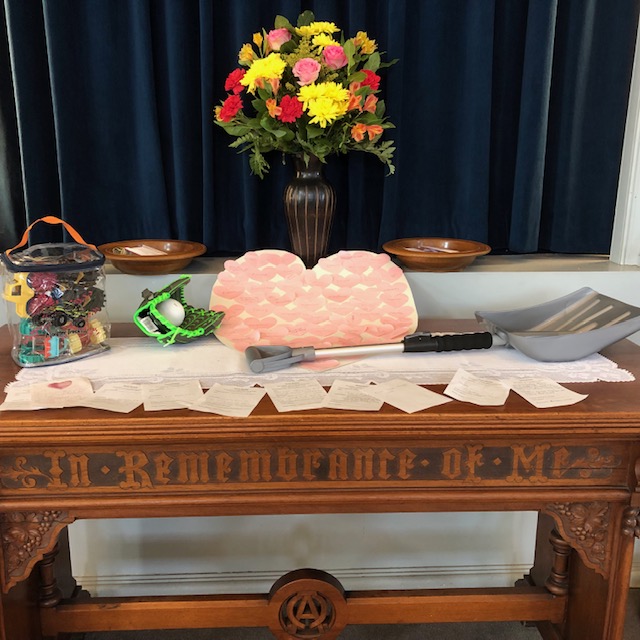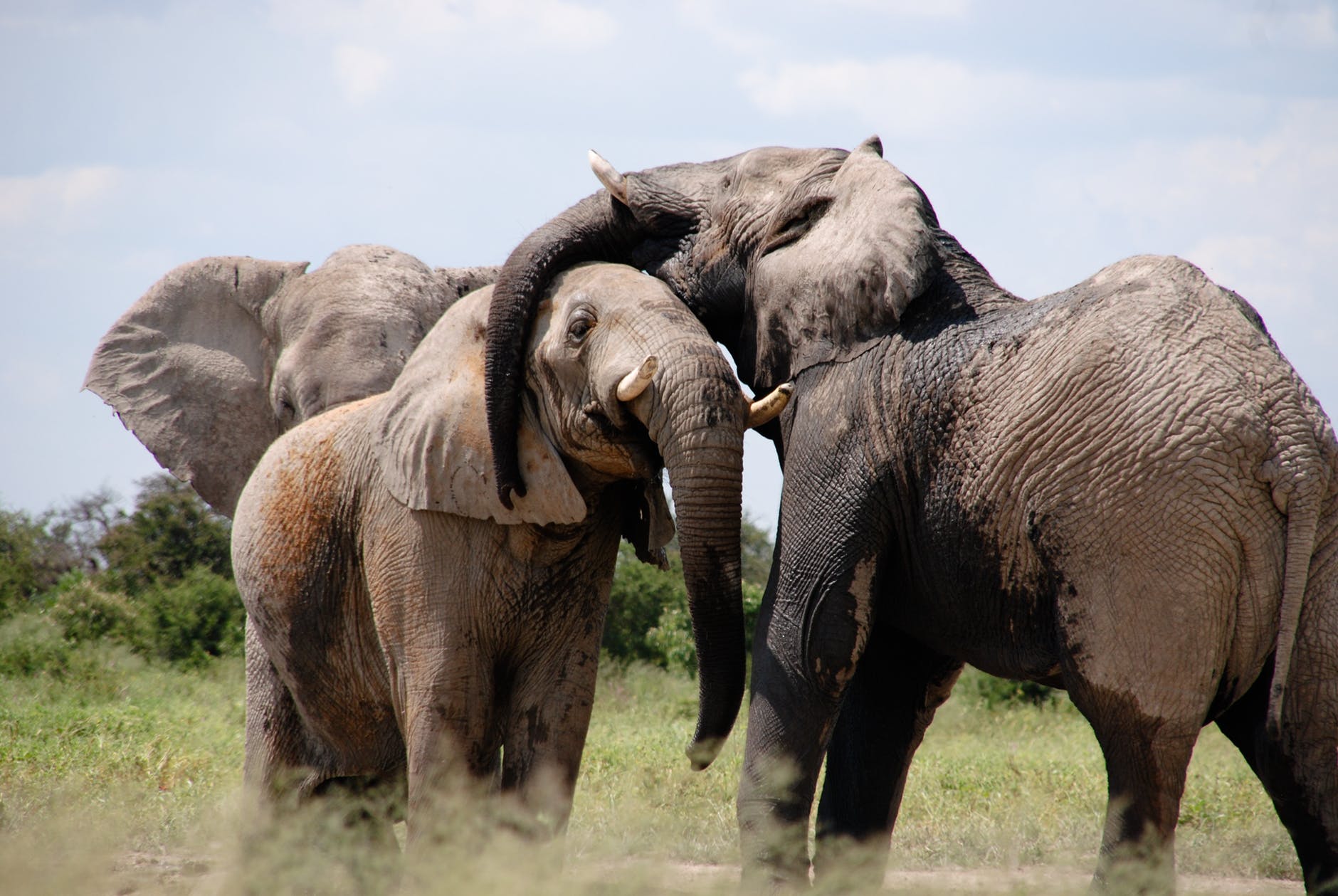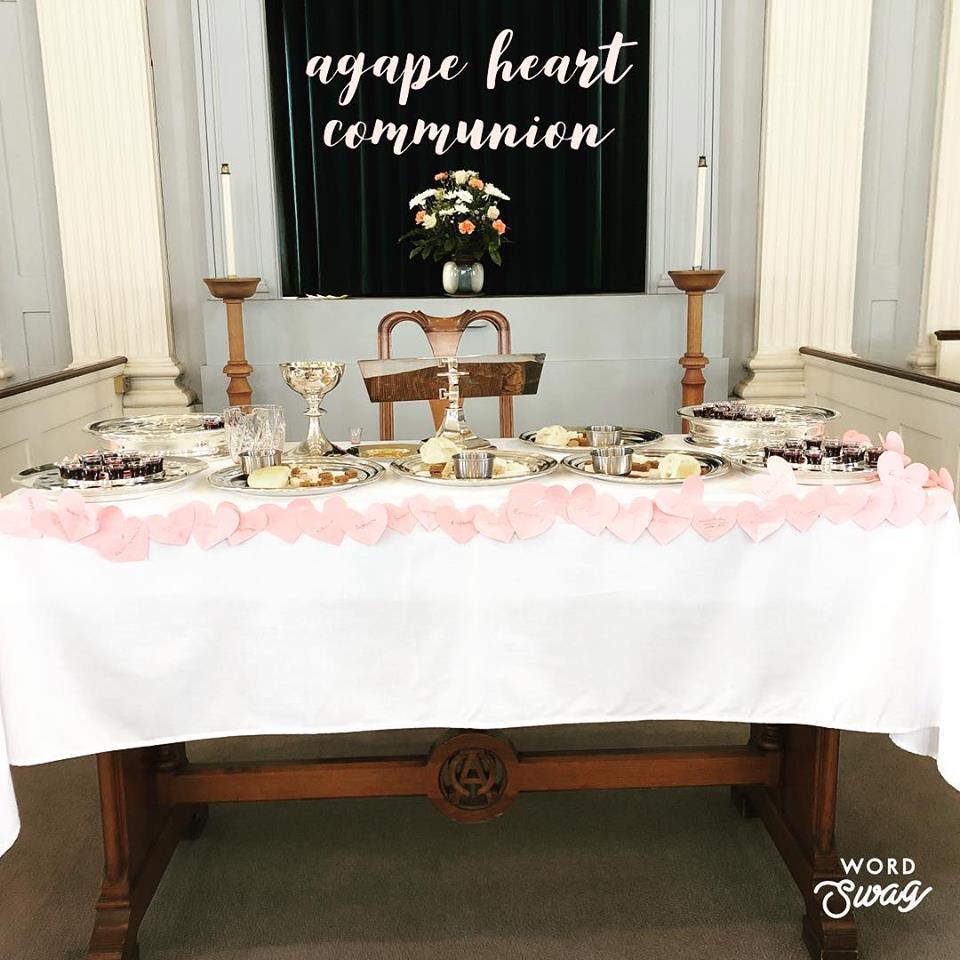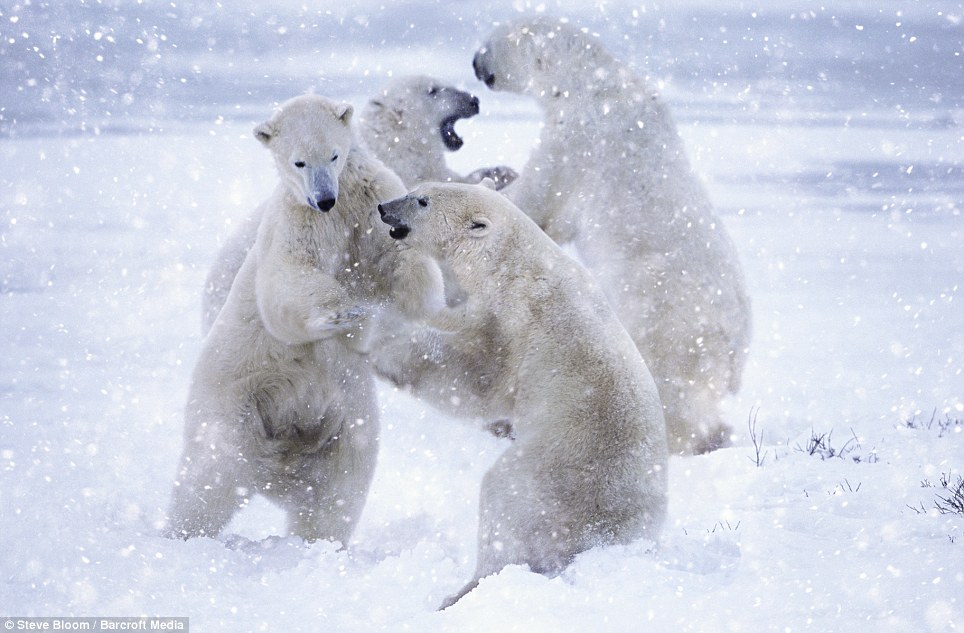
Two lies threaten friendships.
Lie One: good friends never fight.
In fact, every meaningful relationship runs into disagreements and conflict.
Lie Two: conflict is bad.
In fact, conflict can be the catalyst for growth and deeper love.
From conflict emerges new things that create a relationship better than before.
In our first scripture today, the ancient Israelites are in dire straits.
They are in exile in Babylon.
The prophet Isaiah proclaims that amid despair and conflict,
God is doing a new thing.
Let’s listen. Isaiah 44: 16-19
In a time of chaos, despair, desert wilderness, God is making new.
Now, I don’t believe the church is or was in such dire straits,
But over my first few years here I noticed some gaps in communication.
The gaps led to small misunderstandings and people sometimes feeling left out or lost.
One gap was the way information flowed through the various church committees-
Or rather, didn’t flow, or flowed too late to be of use.
On top of that I found myself repeating the same information at nearly every board meeting.
So I conferenced with the members of standing committee and the standing committee elected to shift to an “all boards” method, which we start today.
It’s a new thing that has emerged from minor conflict.
Of course, New life and growth don’t always spring up out of conflict.
While conflict can be a catalyst for growth and deeper love,
It can also threaten to tear relationships apart.
Indeed, many friendships stop at the smell of conflict or disagreement.
Marriages have disintegrated from unhealthy reactions to conflict.
So in their pre-wedding book for Christian couples, “Ready to Wed”, Dr.Greg and Erin Smalley, wrote a brilliant a chapter on conflict. They write that:
In a conflict, our emotional buttons get pushed and we lose the capacity to relate with compassion.
Physically, our bodies react as if we are being physically threatened:
Heart racing, sweaty palms, etc.
Our bodies jump into that “fight or flight” reaction.
We might “fight” by yelling, throwing a tantrum, making belittling or sarcastic comments, invalidate others’ feelings, focus solely on fixing the problem, criticize…anything to fiercely advocate our own position. (Smalley 177)
We might “flee” by avoiding the conflict all together, agreeing to disagree, and not talking about it or withdraw from an important conversation by walking away, keeping silent, or quickly agreeing to a solution just to end the discussion. (Smalley 177)
Whether we fight or flee, we disconnect from meaningful relationship.
We have ear plugs in our ears.
We stop growing and eventually the relationship is lost.
However, when we work through conflict with Christ, in a healthy way,
We experience profoundly moving relationships,
Relationships in which we are safe to be our full selves.
Relationships in which we grow as individuals and in our capacity to love.
In our second scripture, the apostle Paul is writing to the early church.
People have questioned his authority as a teacher.
So, he lists his many “credentials”, but then proclaims they do not matter-
They are counted as loss.
What matters is his relationship to Christ.
Let’s listen (Philippians 3: 4b-11)
Credentials don’t matter.
Social status doesn’t matter.
Being right under the law, being technically correct, doesn’t matter.
What matters is one’s relationship with Christ.
For it is with Christ that we move from conflict to new life.
It is God who makes the path through the desert wilderness.
To work through conflict with Christ, in a healthy way, takes 3 steps.
Again, I share the insights of Dr. Greg & Erin Smalley.
- Space: no one can have a grounded, clearheaded compassionate conversation when they are emotionally triggered. So take some space to ground into God. Take some space instead of saying something you later regret. Do something to physically calm down – breathe, walk, color, whatever. Taking space is not withdrawing, because one communicates that they need some space and will come back. We are talking 20 minutes, not months. It’s a short amount of time to get out of “fight or flight”.
- Name emotions: in flight or fight our animal brain rules, but research shows that by simply naming feelings, our brain shifts to rational thinking. Naming the emotions helps us understand ourselves in a situation. Conflicts are rarely about the presenting topic. Most often a conflict hits an emotional button that is about far more than the color of the walls or how your friend slipped up and forgot your birthday. Naming our emotions helps us hear and see what is going on with us. It’s the taking the ear plugs out moment.
- Seeking truth in prayer. The third part of working through conflict with Christ is to be with Christ. God gives us the truth. As the joke goes, if God hates all the same people you do, then you have probably made yourself God. God’s ways are not our ways. God’s wisdom is beyond our own. So when we come to Christ in prayer, we are open to hearing what the holy has to say. We are open to hearing the emotions and experiences of another, open to other possibilities for what is truth.
It is at this point that we reconnect to those with whom there is conflict. With an open heart and our ear plugs out, we can hear another’s emotions and move forward.
Working through conflict with Christ opens the door to discover something new about ourselves, others, and our relationships.
Working through conflict with Christ brings new life, growth, and deeper love.
But Paul continues in his letter to the early Christians,
Philippians 3:12-14.
New life and growth will come, but perfection will not.
Today we try a new thing, “all boards”, but it will not be perfect.
It is a step, part of the ever-evolving Body of Christ.
We will adapt and tweak as the church has done for hundreds of years.
As new life emerges, we grow and continue to strive for the goal,
For Christ has made us his own.
May we allow whatever mishaps that occur to simply inform the next step,
That we may carry out the mission to which we have been called.

 Last week
Last week 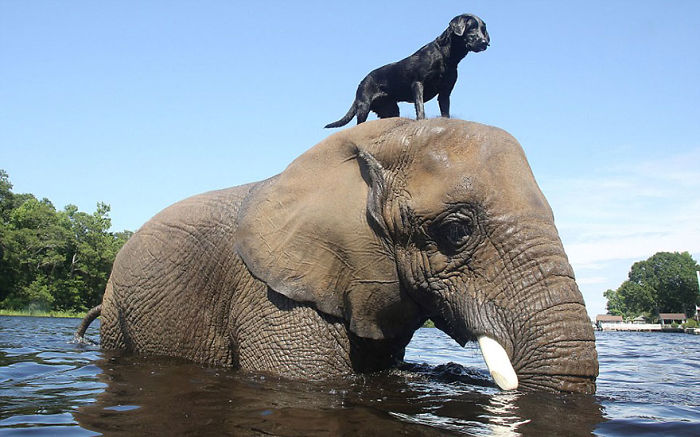 Quotes and content inspired by Shasta Nelson’s “Friendships Don’t Just Happen: The Guide to Creating a Meaningful Circle of Girlfriends” Turner Publishing Company. 2013
Quotes and content inspired by Shasta Nelson’s “Friendships Don’t Just Happen: The Guide to Creating a Meaningful Circle of Girlfriends” Turner Publishing Company. 2013